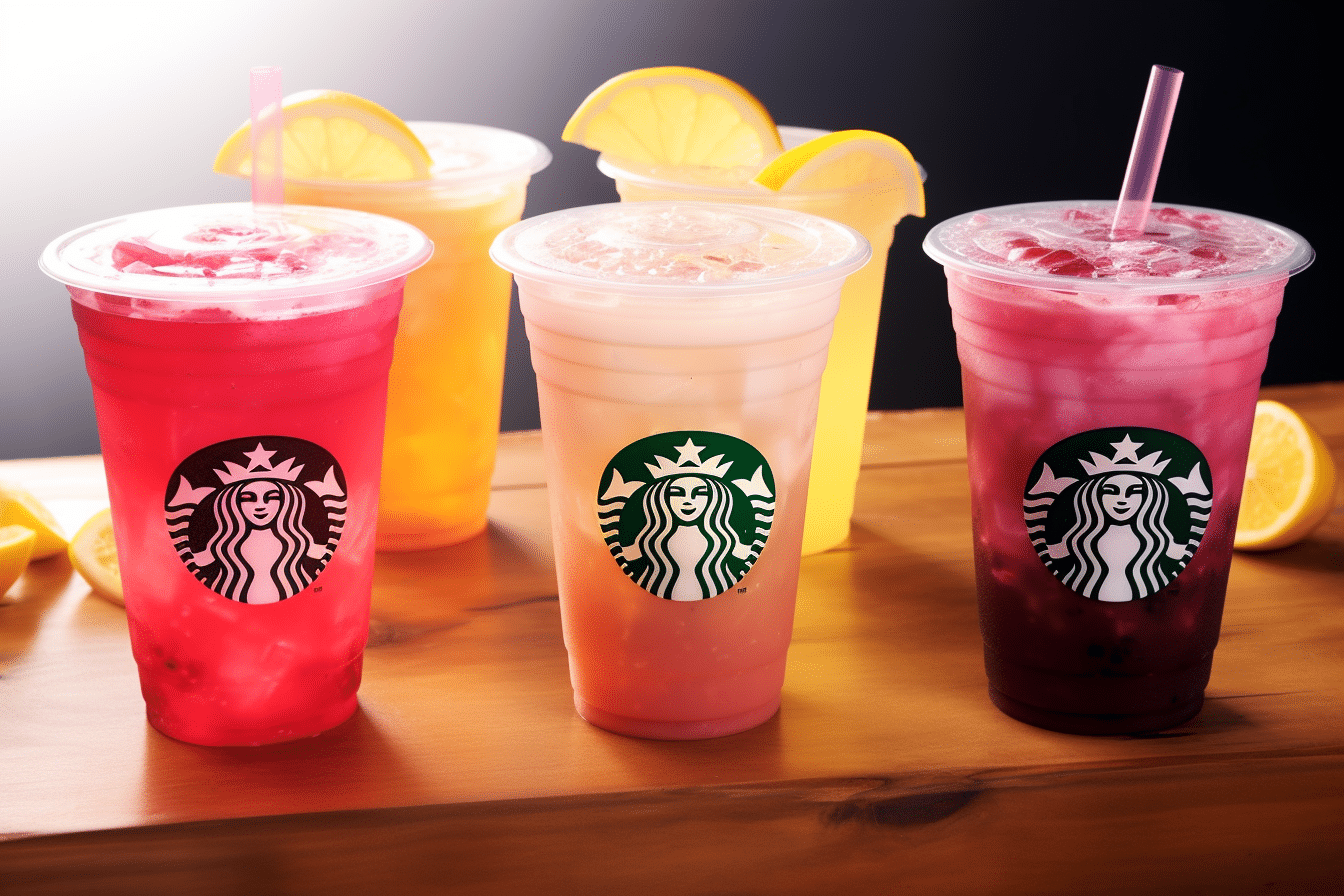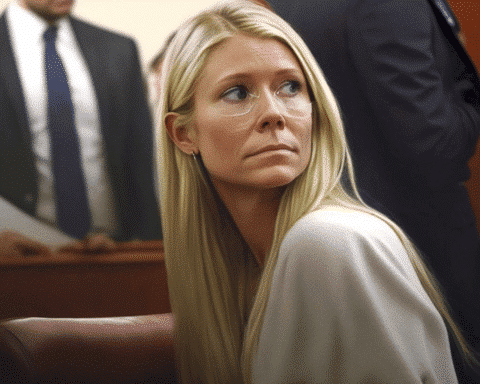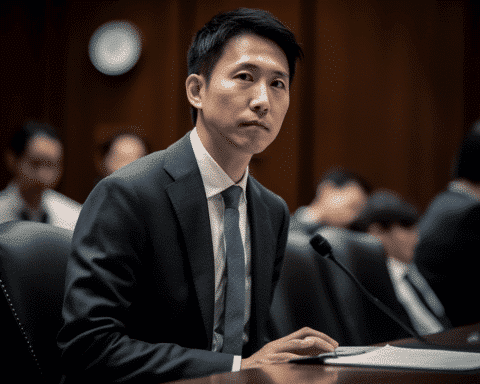In a recent revelation, Starbucks, the globally recognized coffeehouse chain, is amidst a multimillion-dollar lawsuit. The core of this legal action? The allegation that its fruit-themed drinks don’t contain natural fruit. Initiated by two disgruntled customers, this lawsuit underscores the importance of truth in advertising and the trust customers place in brand claims.
The lawsuit emerged after Joan Kominis of New York and Jason McAllister of California claimed that Starbucks had deceived them. According to a federal judge in New York, the case was formally lodged in August 2022.
In their official complaint, the plaintiffs noted that Starbucks employed “false and deceptive practices in the marketing and sale of several of their refreshing Starbucks products, which are marketed in the chain’s physical stores as fruit-based beverages,” as explained on Telemundo 47. This misleading advertising allegation primarily focuses on drinks such as Mango Dragonfruit, Mango Dragonfruit Lemonade, Pineapple Passionfruit, Pineapple Passionfruit Lemonade, Strawberry Açai, and Strawberry Açai Lemonade. These customers pointed out that the drinks did not contain mango, passion fruit (maracuyá), or Açai.
Furthermore, the claimants highlighted that they “paid a premium price based on their trust” in Starbucks beverage names, believing they were getting natural fruit ingredients. Starbucks, responding to these claims, mentioned that the accusations were inaccurate.
In the ever-evolving world of consumer trust and brand reliability, this case stands as a testament to the essential nature of transparent advertising. As the lawsuit unfolds, it is hoped that clarity will be achieved, and customers will again be able to place their faith in the products they love.




